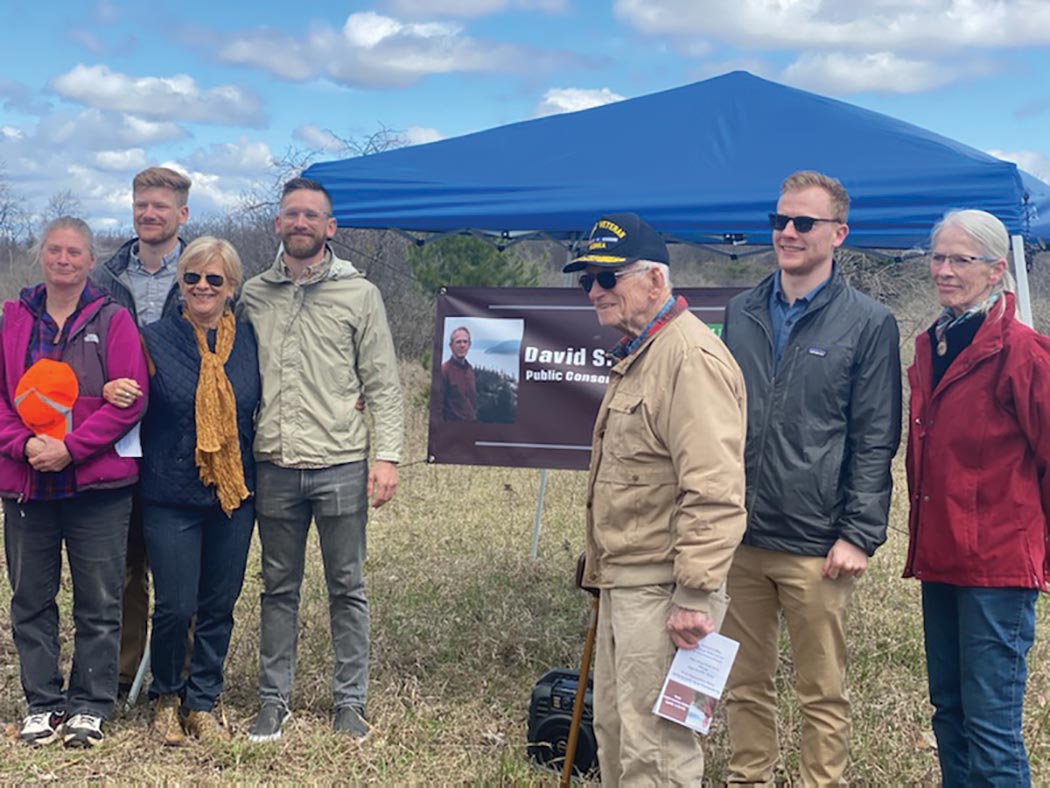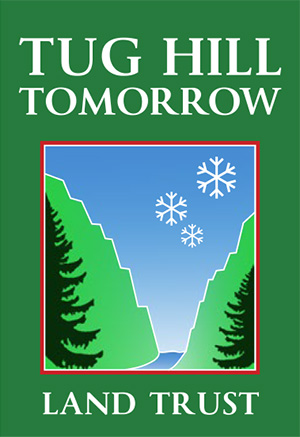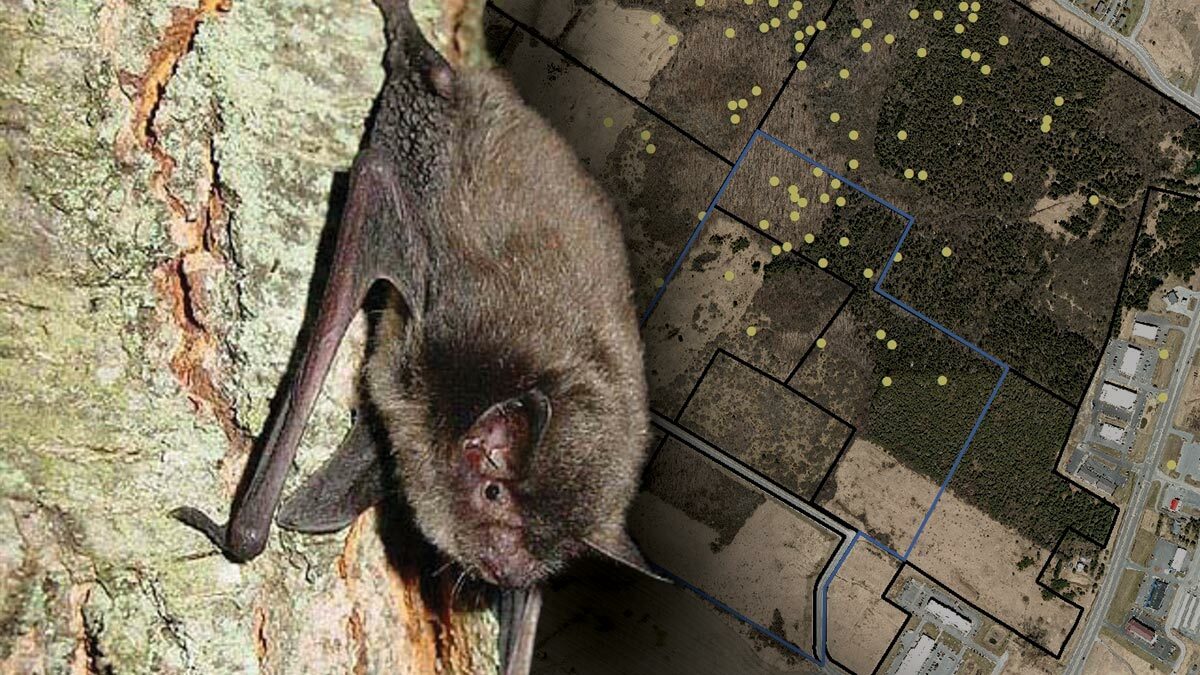An unexpected special place helps save threatened and endangered bats
If you were driving down Route 11, you might be hard-pressed to know that you were almost within walking distance of a rare, and special, conservation area.
Tucked behind Walmart, Candlewood Suites, and Taco Bell, and not far from Fort Drum, in Jefferson County, there lies over a hundred acres of woodlands — home to a variety of wildlife, including the threatened Indiana and northern long-eared bats.
Now, 101 acres of at-risk lands have been conserved thanks to a partnership between the Tug Hill Tomorrow Land Trust and Fort Drum — through the Army Compatible Use Buffer program (ACUB) — as well as Ducks Unlimited. The land is connected to an additional 15 acres of important bat habitat, owned and protected by the Ontario Bays Initiative.
U.S. Fish and Wildlife Service notes that these bats typically roost under the bark or in crevasses of trees three inches or more in diameter. The area currently has little in the way of public conservation lands.
With Fort Drum housing not far away, this new conservation area will provide a place for families to go to enjoy the sounds and sights of birds like turkey, owls, and hawks, like the northern harrier.
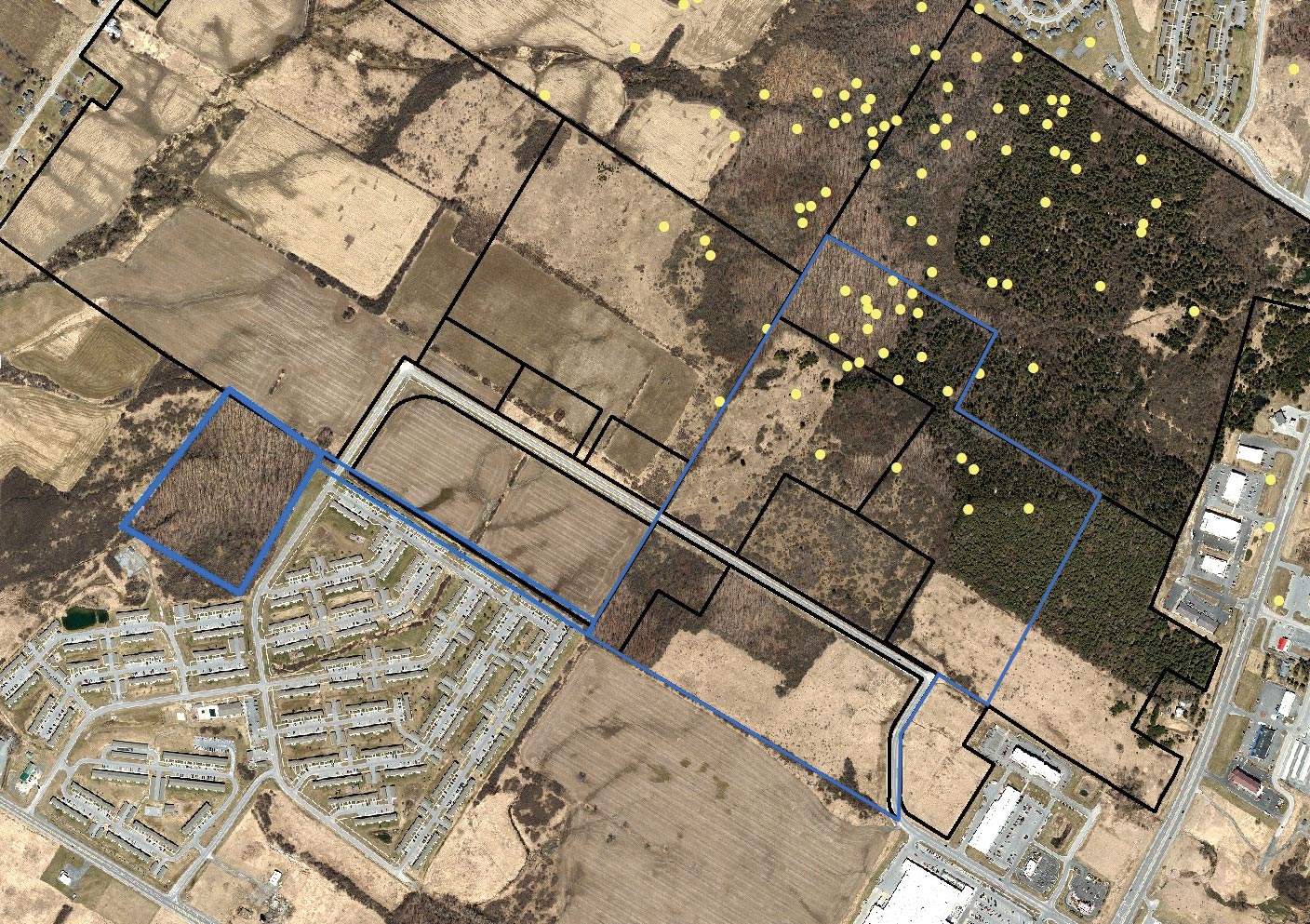
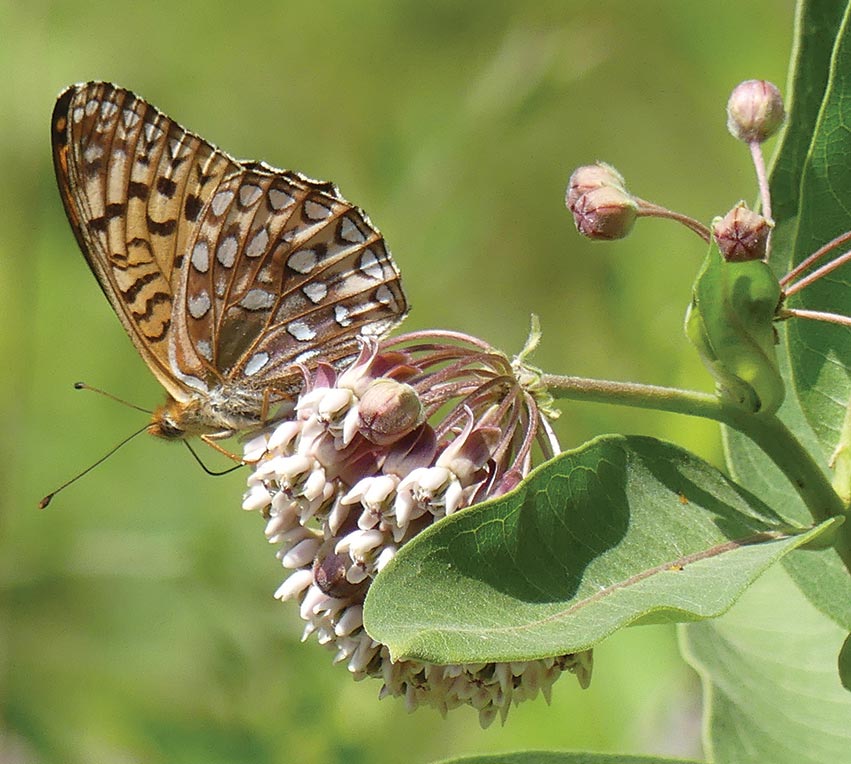
Bats play an important role in the overall health of the ecosystem, including eating hundreds of thousands of mosquitoes every year. Yet bats, as a species, have had a challenging time of late.
Due to habitat loss, increased stress from white-nose disease and a changing climate, all bats have plummeted in population. Studies have reported over a 90% decline of the Indiana and northern long-eared bat species in the northeast. The protection of this area will help provide a secure place for bats to find food and roost, while also protecting habitat for other wildlife, like the pileated woodpecker.
Conservation of these lands also provides for important water absorption areas. Northern New York is experiencing greater intensity of rainfall, with that pattern expected to increase over the next several decades.
This is particularly true in this area near Ft. Drum, where development and paved surfaces are expanding.
Yet for some, it’s the proximity of having a nice place to visit nature that has the strongest allure. “So many people are scared of bats,” commented Leslie DiStefano, who lives near Fort Drum. “But I know they eat thousands of mosquitoes, and they won’t hurt you. Personally, I love seeing the bats. I can’t wait to bring my family out here.”
Bats are also pollinators for local farms and are important to overall success in agriculture. There are a number of protected farms within five miles of this new conservation area, creating a block of conservation lands that provide habitat to a variety of wildlife, produce local food, and support a network of agriculture-related businesses.
Over the coming year, Tug Hill Tomorrow Land Trust will be working with project partners to secure approximately $35,000 in funding needed to establish the first phase of trails in the new conservation area. Improvements will include a parking area and the design and installation of educational and related signage. If you’d like to donate to this project, please contact Emily Males at emales@tughilltomorrow.org.
David S. Smith Public Conservation Area
A tribute to NYS DEC Region 6, Regional Forester
 David Smith spent his 40-year career at the New York State Department of Environmental Conservation helping others care for the forestlands and waters they loved.
David Smith spent his 40-year career at the New York State Department of Environmental Conservation helping others care for the forestlands and waters they loved.
He had a gift for listening to local landowners, industry leaders, and community officials — and helping make decisions that benefited land and people. David was an inspiration to many throughout Tug Hill. Sadly, he passed away last December after battling pancreatic cancer.
This new conservation area is now dedicated in his honor.
On April 22, 2022, a small gathering of family, friends, and colleagues celebrated his life and all he has done for conservation with the dedication of the nature area. It was a perfect way to commemorate his talent for looking out for both the lands and people of the North Country. He is dearly missed, but his legacy will carry on.
